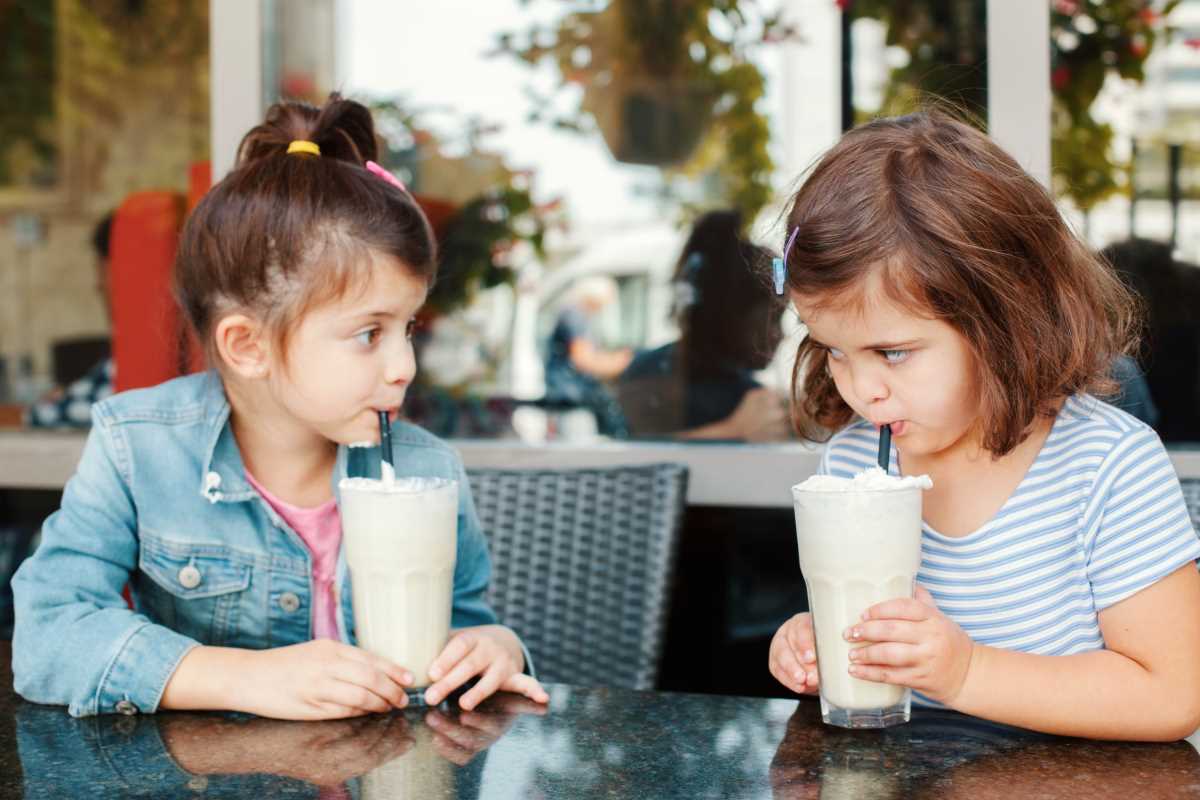Divorce can be one of the most challenging experiences a family might face. For parents, navigating their own emotions while ensuring their children feel safe and supported can feel overwhelming. Children aged 7-12 are at a unique developmental stage where they’re more aware of dynamics in their home but still reliant on their parents for emotional stability. The key to helping them through this tough time is maintaining as much stability and support as possible. Here’s how to keep your child emotionally secure during your divorce.
Stick to Routines
Children thrive on routine. Familiar schedules create a sense of normalcy, even amidst significant upheaval. During a divorce, consistency in daily activities like bedtime, meals, and school routines is crucial. It reassures your child that, while some things may change, the fundamental aspects of their lives remain steady.
If possible, ensure both parents maintain similar routines in their respective homes. For instance, set the same bedtime or homework schedules, so your child experiences consistency regardless of where they are. This reinforces a sense of predictability and minimizes additional stress caused by adjusting to overly different environments.
Keep an Open Line of Communication
Open and honest communication tailored to your child’s age and maturity level is critical during a divorce. Children in the 7-12 age range are old enough to understand that their parents are separating but may not grasp all the reasons behind it. To help them feel emotionally secure, explain the situation in a calm and simple way.
For example, you might say, “Mom and Dad have decided we’ll be better living in separate homes, but we still love you very much.” Avoid sharing adult concerns, such as financial struggles or personal conflicts. Instead, focus on reassuring your child that both parents are fully committed to their happiness and well-being.
Encourage your child to express their feelings and ask questions about the changes they will face. They might have concerns about which parent will pick them up from school or how birthdays and holidays will work. Answer these questions honestly while emphasizing that your love for them remains unchanged.
Provide Emotional Support
Divorce can spark a whirlwind of emotions in children, including confusion, sadness, fear, or even guilt. Many children wonder if they’re to blame for their parents’ separation or worry they’ll lose their connection with one of their parents. Take the time to address these common anxieties directly and offer reassurance.
Remind your child that the divorce is not their fault and that both parents are committed to supporting them. Create a safe space for them to express their feelings without fear of judgment. Sometimes, children in this age group may struggle to articulate their emotions, so they might express their stress through behavior changes instead. Be patient and observant, helping them name their feelings if needed.
Some children benefit from having a neutral third party, like a counselor or therapist, to talk to. If your child seems overwhelmed, consider seeking professional support to help them process their emotions in a healthy, constructive way.
Be Mindful of Living Arrangements
Living arrangements are one of the biggest changes for children during divorce, and they can be a significant source of stress. Whenever possible, prioritize arrangements that provide stability while allowing your child equal access to both parents. Joint custody requires careful planning to ensure your child adapts well to having two homes.
Work together as co-parents to create a schedule that minimizes disruptions to your child’s daily life. If they’re in school, avoid changing districts mid-year unless it’s absolutely necessary. If relocation is unavoidable, help them transition by visiting the new school in advance or meeting new neighbors together.
Make both homes feel welcoming by letting your child personalize their space. Allow them to decorate their room or keep comfort items, like a favorite blanket or toys, at each home. This helps them feel a sense of belonging, no matter where they are.
Co-Parent Effectively
Successful co-parenting is crucial for maintaining your child’s emotional security. Show your child that, although you’re no longer together as a couple, you’re united when it comes to their well-being. Avoid arguing or speaking negatively about the other parent in your child’s presence, as this can create feelings of loyalty conflicts or stress.
Communicate openly with your ex-partner about schedules, school activities, and other matters involving your child. Always put your child’s needs first, focusing on how to make transitions between homes as seamless as possible. Friendly handoffs at drop-offs and open collaboration send a message of stability and mutual respect.
Reassure Them of Your Love
Children going through a divorce can feel insecure about whether their parents’ love for them might also change. Go out of your way to reassure your child of your unwavering love through words and actions. Spend quality time with them—whether it’s playing games, sharing a meal, or simply talking—and give them your full attention during those moments.
Both parents should make an intentional effort to remain involved in daily life. Attend school events, help with homework, and celebrate achievements as a team, even if you’re no longer cohabiting. These moments remind your child that both parents will remain constants in their lives, even as living arrangements change.
Addressing Questions in an Age-Appropriate Way
Children aged 7-12 are naturally curious and will have many questions about the divorce. Answer these questions honestly but keep explanations age-appropriate. Avoid going into adult-specific details, such as infidelity or financial issues, which are unnecessary for your child to understand at this stage.
When asked questions like “Why can’t we all live together?” stick to simple responses like, “Sometimes adults decide they’ll be happier in separate homes, but we still love you more than anything.” Keeping explanations brief but reassuring can help put their minds at ease.
Divorce undoubtedly brings major changes, but with thoughtful actions, you can maintain your child’s emotional security during this transition. By sticking to routines, keeping communication open, and working together as co-parents, you provide the stability and love your child needs to adapt and thrive. Remember, children don’t need their parents to be perfect—they just need to feel consistently loved and supported. Even in the face of separation, you can create an environment where your child feels safe, valued, and cared for.







